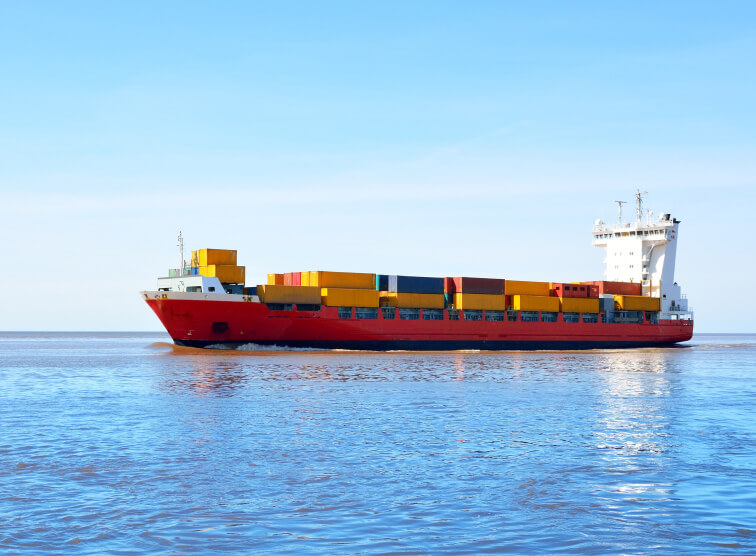Case Study
Maritime
From door to deck in no time

Challenge
While at the sea, a ship encountered a critical issue: the cylinder liner of its reciprocating engine failed. This component is essential as it provides the running surface for the piston. Due to this malfunction, the freighter was forced to operate at only half of its usual power. This predicament threatened to not only delay the ship’s arrival but also to extend its time in port – consequences that could lead to substantial financial losses and tarnish the shipping company’s reputation.
Solution
Responding to the challenge, MBS Ship’s Spares stepped to provide “Door-to-Deck Service.” This solution seamlessly manages the entire supply chain process – from sourcing the necessary spare part to ensuring its delivery directly onto the deck of the ship. Available around the clock, this service is designed to address urgent situations, anytime, anywhere.
For this incident, thanks to strong contacts with airlines, MBS managed to book a flight to Mauritius the same weekend the emergency call was received. The strategic location of this island in the Indian Ocean made it an ideal point for expedited delivery to the awaiting vessel. MBS collected two crates of spare parts (weighing a combined total of 1,826 kg and measuring 244 x 84 x 97 cm and 86 x 86 x 31 cm, respectively) from Rotterdam on Monday. The goods were then transported as express cargo via Paris to Mauritius. Upon arrival at the local airport, the shipment was transferred to Port Louis and subsequently loaded onto a barge. This barge then delivered the spare parts directly to the ship at sea. By Sunday, the freighter was able to hoist the cylinder liner and accessories onboard using its crane, setting the stage for the much-needed repairs.
Result
The shipping company successfully kept repair and delay costs to a minimum. With the rapid delivery service provided by MBS, the crew was able to promptly perform the repairs at sea. This solution eliminated costly port detours and extended downtime, ensuring that the expenses associated with the spare part’s transport were far outweighed by the savings on potential higher costs.